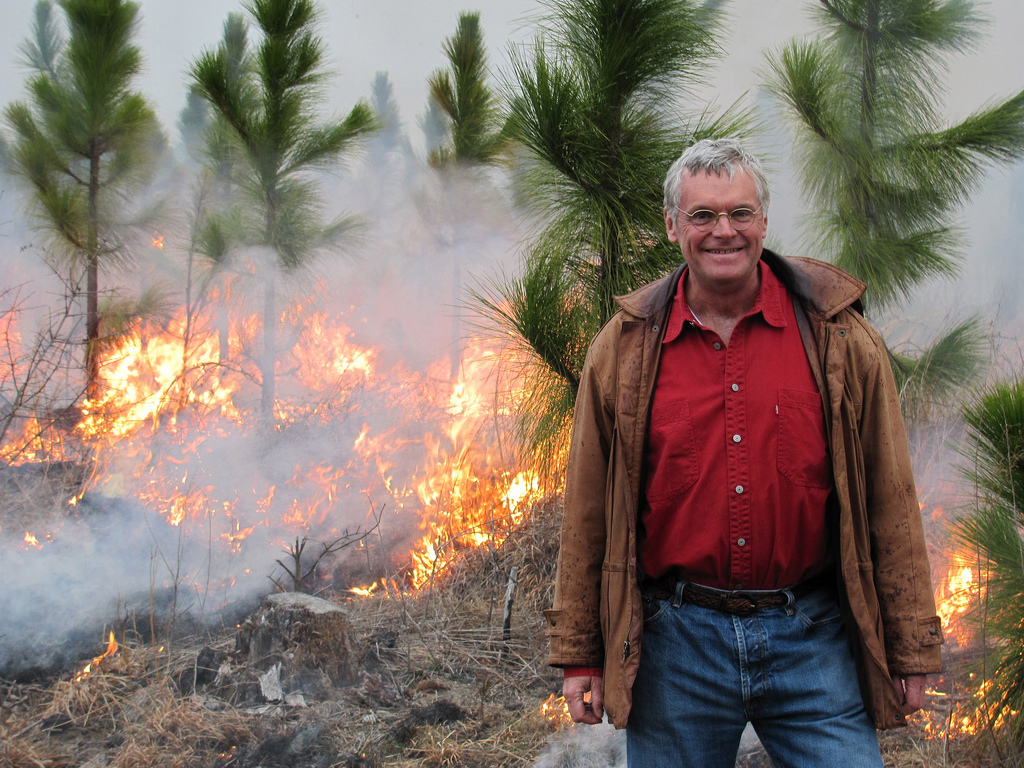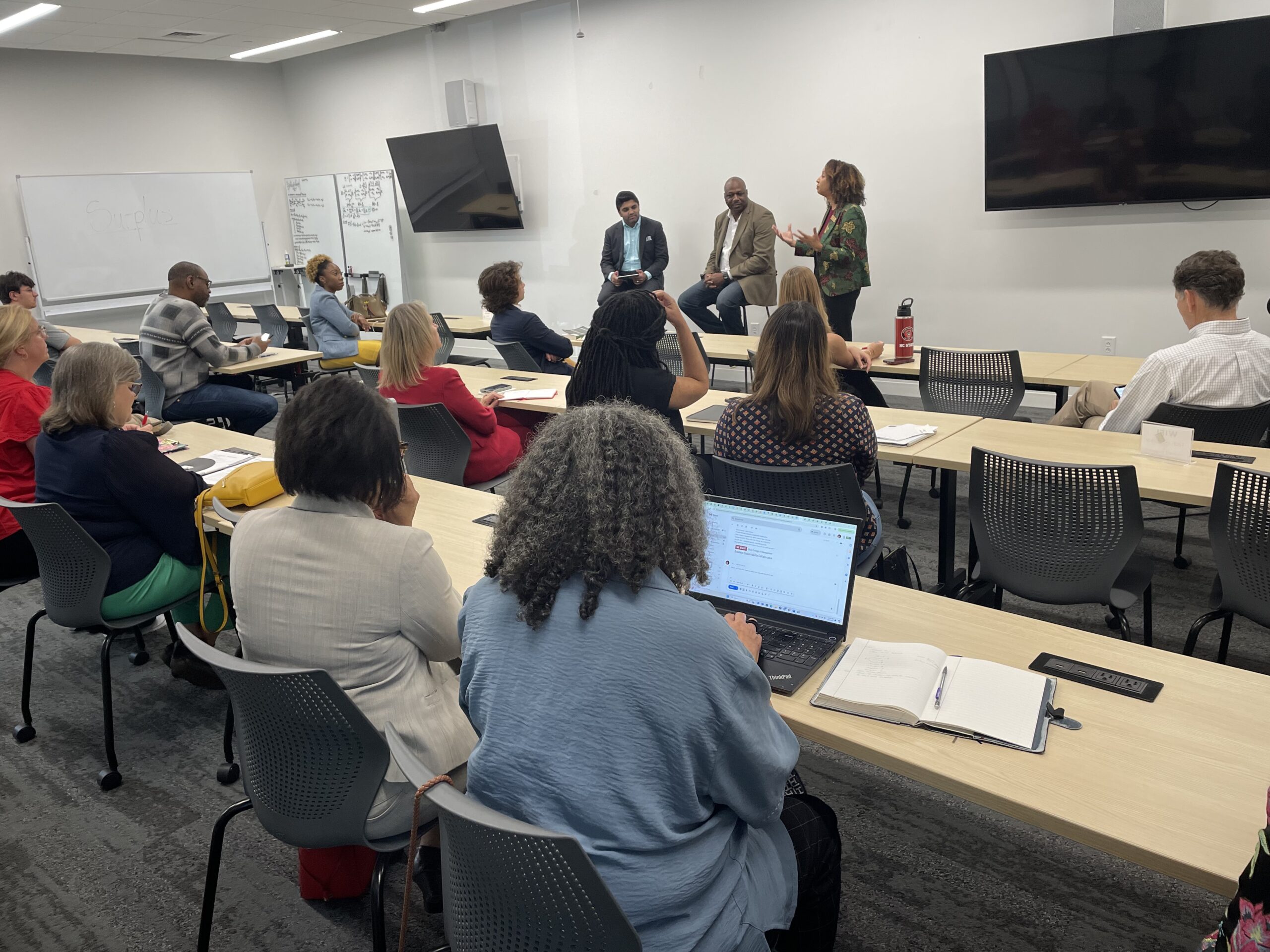Funds available for longleaf pine restoration

Bill Owen has completed several controlled burns on his longleaf pine stands through a burn contract with NRCS. Photo credit: US Department of Agriculture
The USDA Conservation Stewardship Program (CSP) offers funds to farmers, ranchers and forest owners who want help covering the cost of adopting or maintaining conservation practices on their land. Landowners who apply by February 27 will be eligible for the $100 million that the USDA has allocated to the CSP this year.
For the first time this year, a portion of the CSP funds will be dedicated to specific conservation goals, including recovering longleaf pine ecosystems. Historically, the longleaf pine covered over seventy million acres across the south east, including much of the eastern part of North Carolina. In 2011, there were only three million acres of longleaf pine forest left. Many species, like the red cockaded woodpecker, only live in longleaf pine forests, and are now on the endangered species list as a result of loss of habitat.
Longleaf pines thrive when the underbrush is regularly burned. Native peoples of the southeast would regularly light forest fires and help them spread as a way of maintaining a healthy forest. As colonists settled across the south east, they prevented the forests from burning and heavily harvested the old growth trees for lumber, leading to the demise of the longleaf pine forests.
Since 2010, the National Resources Conservation Service’s (NRCS) has funded longleaf pine restoration efforts through its’ Longleaf Pine Initiative. This year is the first time that a portion of the CSP funds are also dedicated to conservation activities that support longleaf pine restoration, including plantings and control burns. This new funding source will make it easier for private landowners to receive funds for their conservation efforts. Landowners seeking funds to help them restore the longleaf pine on their land should apply through their local NRCS office. Only applications received before February 27 will be eligible for funding this year.
- Categories:


